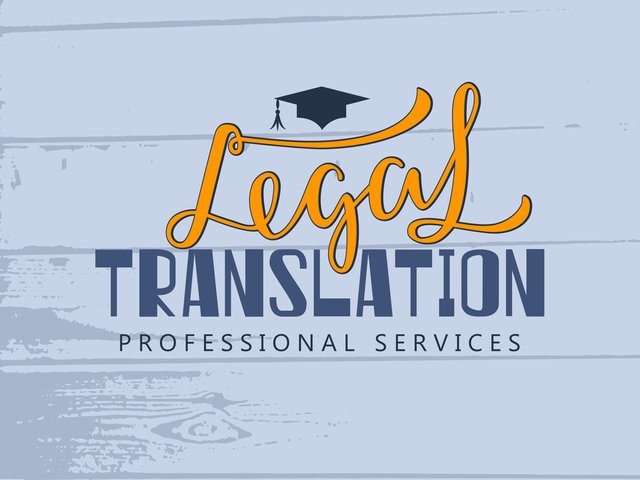
Translation of legal documents is the most difficult of all translation jobs and requires the highest degree of precision and broad knowledge of legal systems and terminologies, as well as linguistic and cultural differences. If you seek legal translation services, you need the services of an expert who is very knowledgeable in legal and practical terms. Legal translation requires exact and correct document translation and is one of the most difficult of all translation jobs. There are many things that need legal translation, including birth certificates, application letters, technical patent confirmation, deposition records, financial statements, evidence documents, procedural law materials, and business contracts. Translators must not only possess general knowledge of legal terminology, but they must also be well-versed in the legal requirements and legal complexities of foreign cultural and legal systems.
The process of translation per se is already a complex process involving many specific skills. However, translating legal documents is more demanding, as the ramifications of even the slightest bit of error will involve a complex legal process, despite the financial costs, for it to be reversed.
There are a few things to keep in mind when doing a legal translation. The original text is structured to follow the legal system that conforms to its own culture and legal language. The destination text, on the other hand, will be read by another person who is familiar with another language and legal system.
There should be clearly defined rights for all interested
organizations and individuals when creating the translation. It must be
ensured that these are delivered precisely in the source and destination texts. Furthermore,
it should be remembered that the linguistic structures of the source language
have no direct equivalent in the target language. Thus it is the responsibility
of the translator to find a suitable language structure that is similar to the
source text.
Legal issues
Legal translation has strict deadlines because when specially translated documents are needed in court, a delay could represent the null document. Confidentiality is a problem because almost all legal documents contain confidential data.
Lawyers constantly confront the contrasting world of real-life law and the ideal aspect of the law, which is an assortment of numerous precedents that are still subject to general interpretation and not by permanent statute.
Lawyers, when dealing with international legal problems you have to deal with words that must be spelt accurately, which depend on good sentence structure, syntax selection and word. That is the reason why legal translators should have the experience and knowledge of the legal terminology of the source and the target languages. An international lawyer will depend on the experience of a translator to have foreign documents translated into their own language.
Most difficult form of translation
Translating legal documents into foreign languages are considered more difficult than other technical translations. Legal terminology is what makes it difficult because each country has its own legal terminology as well as the legal system. More often than not, this is also different from another country although the language they speak is identical.
Translator requirements
A legal translator should have competencies in three areas: proficiency in the target language's particular writing style, familiarity with relevant terminology, and general knowledge of the legal systems of the source and target languages. There is no place for the word for the translation of the word when the translation of legal documents.
Because of this, the professional legal document translator must be part detective, jurist, and linguist with the amount of research work that needs to be done to be able to decode the source and write its real meaning that will never, in any case, deviate from creating content, even if an exact translation is not possible.
Likewise, the translator must understand that the translation is to be used as this will affect the approach when translating the document. It definitely affects various parameters, including pitch or register, syntax, terminology, and phraseology. When the original text is not well written, it is also the translator's job to decide whether something vague like the original to translate or make it meaningful, which might be the case, but was hampered by poor writing.
Translation of legal documents is such a demanding task. It requires legal translators who have academic backgrounds and is backed by years of legal translation experience.